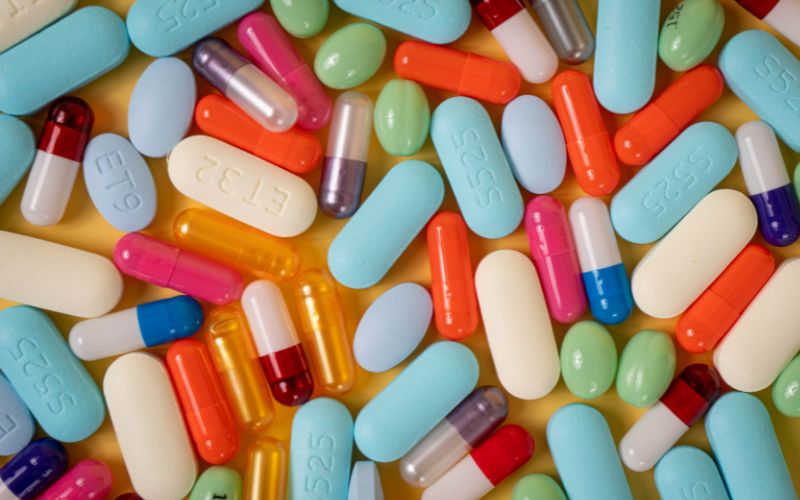
Quality Oversight
The pharmaceutical industry is an ever-evolving sector that requires a high level of quality oversight in order to ensure the safety and efficacy of its products. Quality oversight plays an essential role in the pharmaceutical supply chain, with regulations and standards put into place to protect public health and prevent any potential adverse events. Quality assurance (QA) and quality control (QC) are two important components of pharmaceutical quality oversight. QA involves verifying that all processes associated with pharmaceutical production meet established regulatory requirements, while QC focuses on monitoring the actual output of pharmaceutical goods for compliance with required specifications. Both processes must be conducted regularly throughout the entire pharmaceutical supply chain to guarantee drug safety and efficacy.
Quality oversight also includes other activities such as risk management, regulatory compliance, and supplier management. Risk management involves identifying potential risks to the pharmaceutical supply chain, such as contamination or counterfeit products, and taking steps to mitigate those risks. Regulatory compliance is necessary to ensure that pharmaceutical companies adhere to relevant local and international laws when producing drugs. Finally, supplier management focuses on selecting suppliers who are able to provide quality raw materials for pharmaceutical production.
Together, these processes help pharmaceutical companies maintain a high level of quality oversight in their manufacturing operations and guarantee that only safe, effective drugs enter the market. Quality oversight is essential for protecting public health and ensuring pharmaceuticals remain an accessible and reliable source of care.



